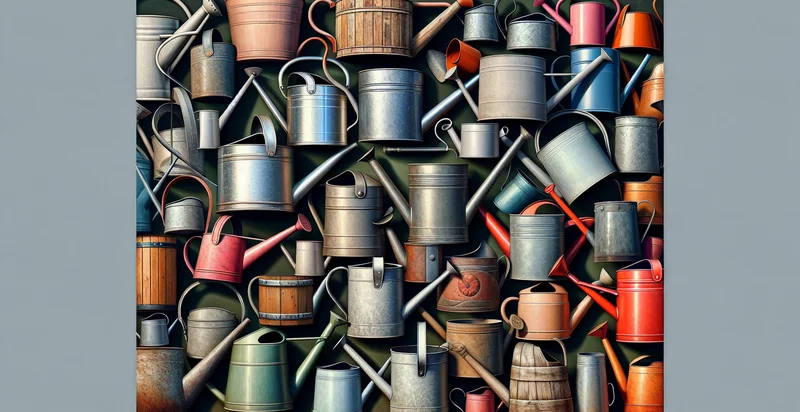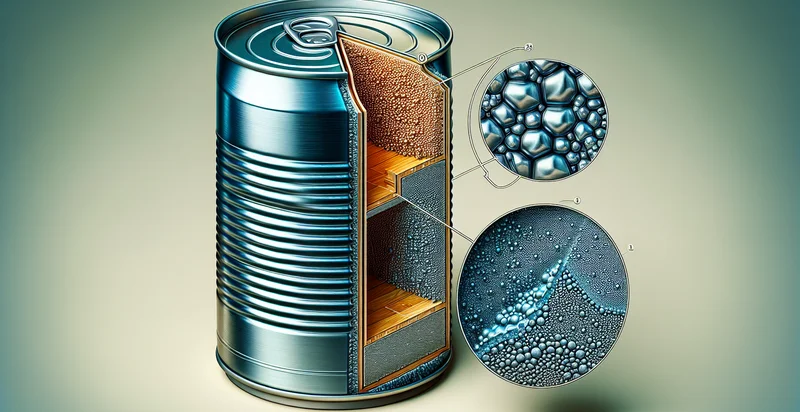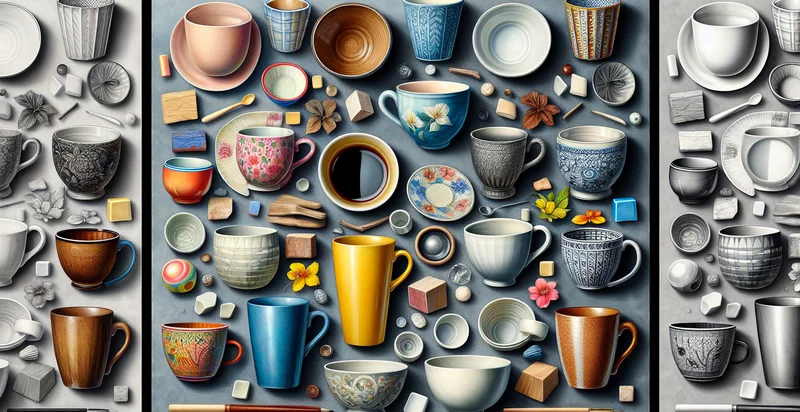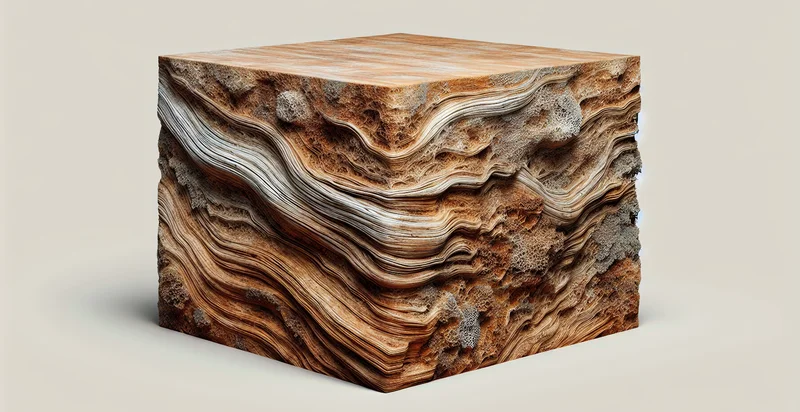Identify what material a watering can is made from
using AI
Below is a free classifier to identify what material a watering can is made from. Just upload your image, and our AI will predict what material a watering can is made from - in just seconds.

Contact us for API access
Or, use Nyckel to build highly-accurate custom classifiers in just minutes. No PhD required.
Get started
import nyckel
credentials = nyckel.Credentials("YOUR_CLIENT_ID", "YOUR_CLIENT_SECRET")
nyckel.invoke("what-material-a-watering-can-is-made-from", "your_image_url", credentials)
fetch('https://www.nyckel.com/v1/functions/what-material-a-watering-can-is-made-from/invoke', {
method: 'POST',
headers: {
'Authorization': 'Bearer ' + 'YOUR_BEARER_TOKEN',
'Content-Type': 'application/json',
},
body: JSON.stringify(
{"data": "your_image_url"}
)
})
.then(response => response.json())
.then(data => console.log(data));
curl -X POST \
-H "Content-Type: application/json" \
-H "Authorization: Bearer YOUR_BEARER_TOKEN" \
-d '{"data": "your_image_url"}' \
https://www.nyckel.com/v1/functions/what-material-a-watering-can-is-made-from/invoke
How this classifier works
To start, upload your image. Our AI tool will then predict what material a watering can is made from.
This pretrained image model uses a Nyckel-created dataset and has 10 labels, including Ceramic, Concrete, Fiberglass, Glass, Metal, Plastic, Rubber, Silicone, Stone and Wood.
We'll also show a confidence score (the higher the number, the more confident the AI model is around what material a watering can is made from).
Whether you're just curious or building what material a watering can is made from detection into your application, we hope our classifier proves helpful.
Related Classifiers
Need to identify what material a watering can is made from at scale?
Get API or Zapier access to this classifier for free. It's perfect for:
- Material Identification for E-commerce: Online retailers can use the false image classification function to automatically identify and categorize watering cans based on their material. This ensures accurate product descriptions and improves the customer shopping experience by allowing users to filter products by material type.
- Quality Control in Manufacturing: Manufacturing plants can implement this function in their quality control systems to verify the material composition of produced watering cans. By ensuring only approved materials are used, companies can maintain product integrity and comply with industry standards.
- Environmental Impact Assessment: Businesses focused on sustainability can utilize this function to assess the environmental impact of watering cans made from different materials. By identifying the materials, companies can make informed decisions about sourcing and promoting eco-friendly products.
- Inventory Management Systems: Retailers can integrate the false image classification function into their inventory management systems to streamline stock management. By accurately categorizing watering cans by material, stores can optimize their inventory systems and improve procurement strategies.
- Personalized Marketing Campaigns: Marketing teams can leverage the function to identify customer preferences for different watering can materials. This knowledge can be used to tailor marketing campaigns, highlighting specific material benefits to target niche audiences effectively.
- Resale Market Analysis: Companies in the resale market can use this function to evaluate the materials of various watering cans being sold. Understanding the material composition can help in pricing strategies and gathering insights on market trends regarding popular materials.
- Consumer Education Platforms: Educational websites focused on gardening and landscaping can integrate this function to provide information about the advantages and disadvantages of different watering can materials. This can empower consumers to make informed purchasing decisions based on material properties.


